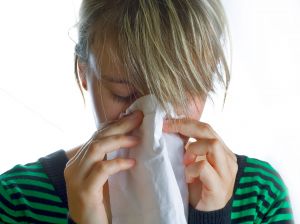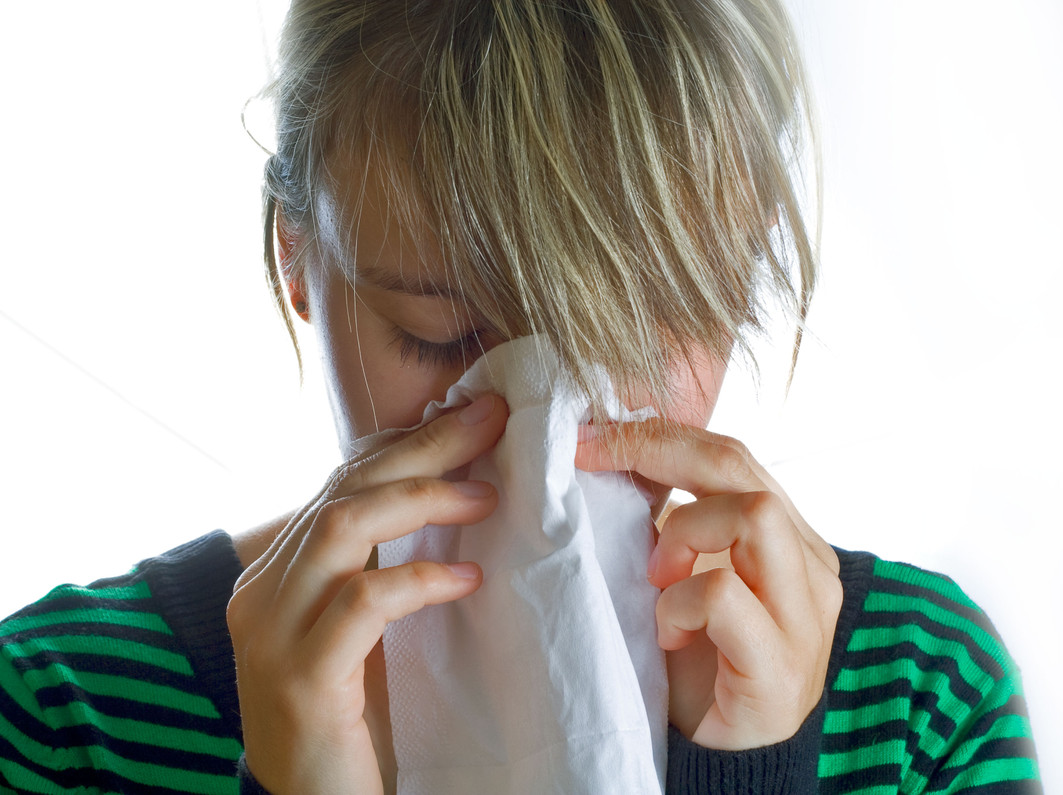5 Tips to Protect Against Seasonal Allergies

Spring is in the air, which means millions of Americans will be suffering from allergy attacks. Statistics show that roughly 10-30% of the United States adult population suffers from seasonal allergies. Common symptoms experienced during an attack include coughing, runny nose or congestion, red and itchy eyes, and headache. Thankfully, though, there are steps you can take to protect against seasonal allergies.
Vacuum
No, that's not a typo. Vacuuming and sweeping the floors in your home can help protect against seasonal allergy attacks. Even if the floor "looks" clean, it's probably harboring micro-sized pollen and other allergens, which can trigger an allergy flareup if left unchecked.
Limit Exposure During Peak Days
Of course, the risk of an allergy attack varies depending on the pollen count. Some days have a higher pollen count than others -- and you should limit your exposure outdoors during these high-pollen days. Check your local news for more information on the pollen count in your area.
Don't Touch Your Eyes or Face
I know this is easier said than done, especially when your eyes and nose itch from a previous allergy attack, but you should try to refrain from touching your face. Touching your face not only spreads germs, but it also spreads seasonal allergens like pollen. You'll move these allergens to your mouth, nose and eyes, at which point they can enter your system and trigger an attack.
Keep Your Lawn Clean
Don't underestimate the importance of a well-manicured lawn if you suffer from seasonal allergies. Allowing grass, weeds and plant to grow uncontrollably on your property will only increase the pollen count around your home. Hiring a professional landscaping company to mow and groom your lawn, however, can minimize the buildup of pollen.
Allergy Medicine
If you experience an allergy attack, try not not panic. Instead, take an antihistamine medicine to counter the effects. Antihistamines work by suppressing the immune system's inflammatory response. An allergy attack is caused by the immune system's response to what it believes is a foreign invader. By suppressing this reaction, you can often minimize or eliminate symptoms of an allergy attack.
Recent Posts
-
Fire Safety in the Workplace: What You Need to Know
What steps are you taking to prevent fires in your workplace? According to the U.S. Occupational Saf …Aug 23rd 2023 -
Is It Safe to Go Jogging With a Cold Infection?
If you're suffering from a cold infection, you might be wondering whether it's safe to go jogging. T …Aug 22nd 2023 -
5 Safety Tips to Follow When Using a Powder-Actuated Tool
Powder-actuated tools are commonly used to join materials to steel and concrete. Also known as Hilti …Aug 20th 2023




